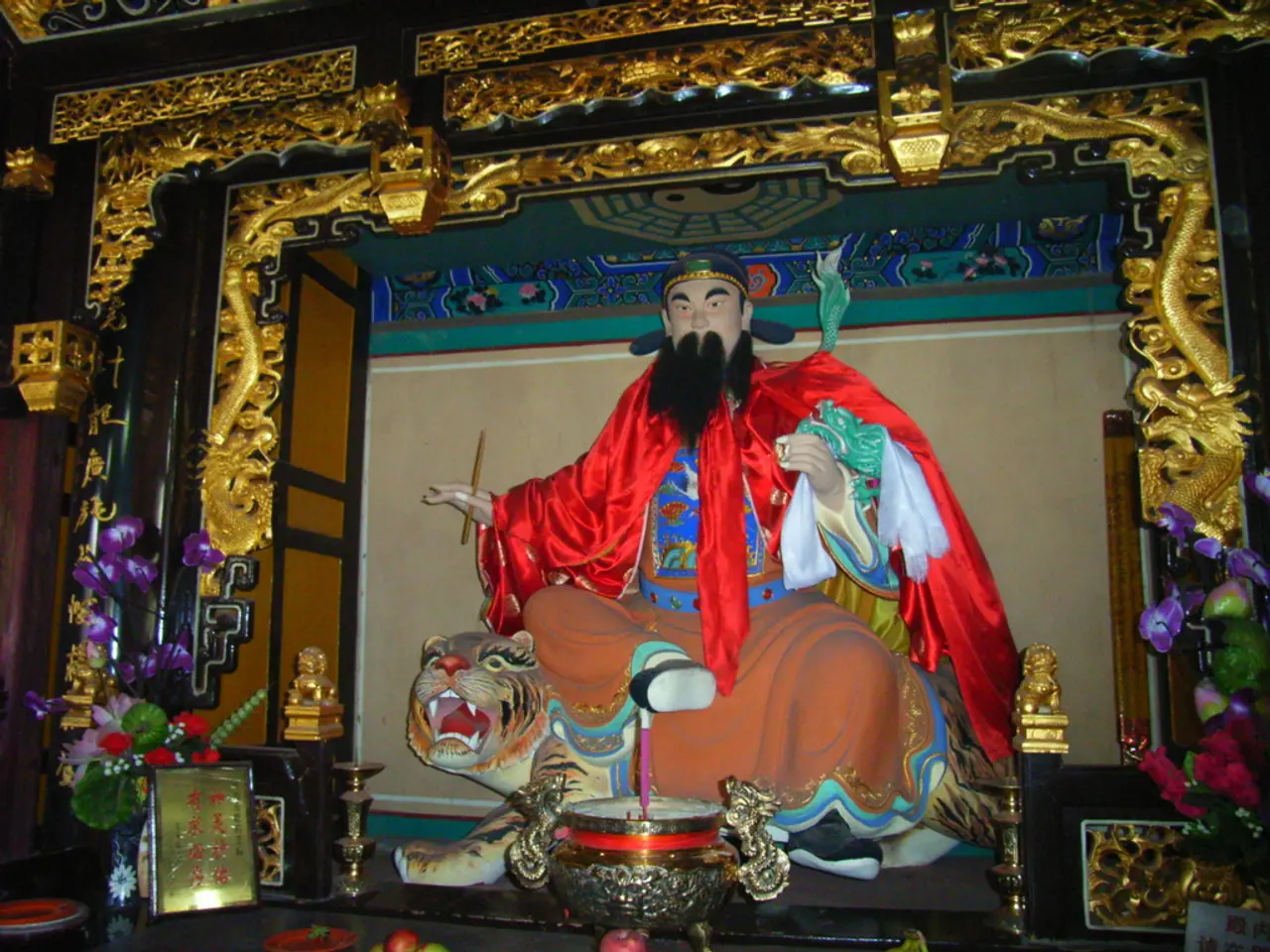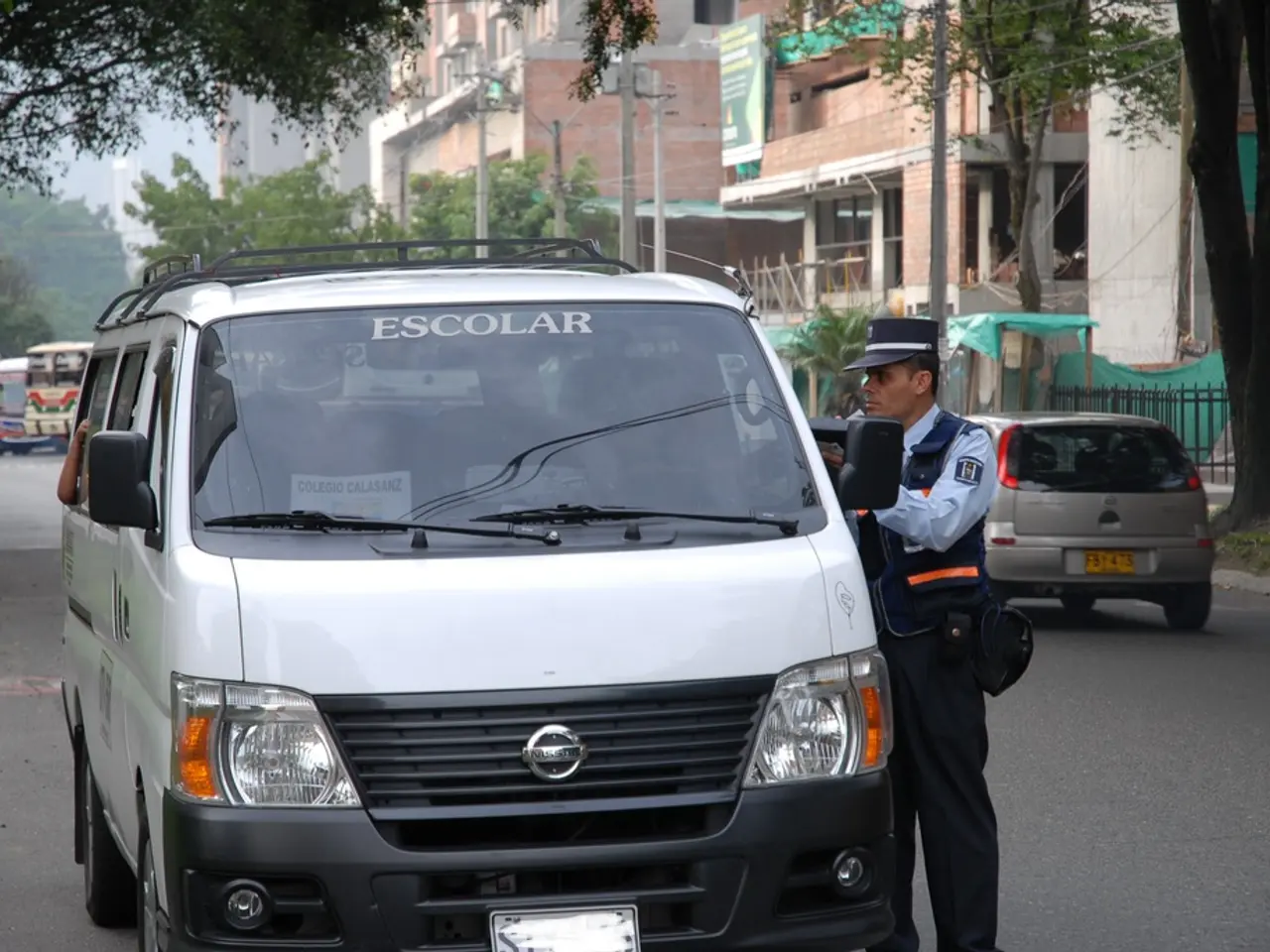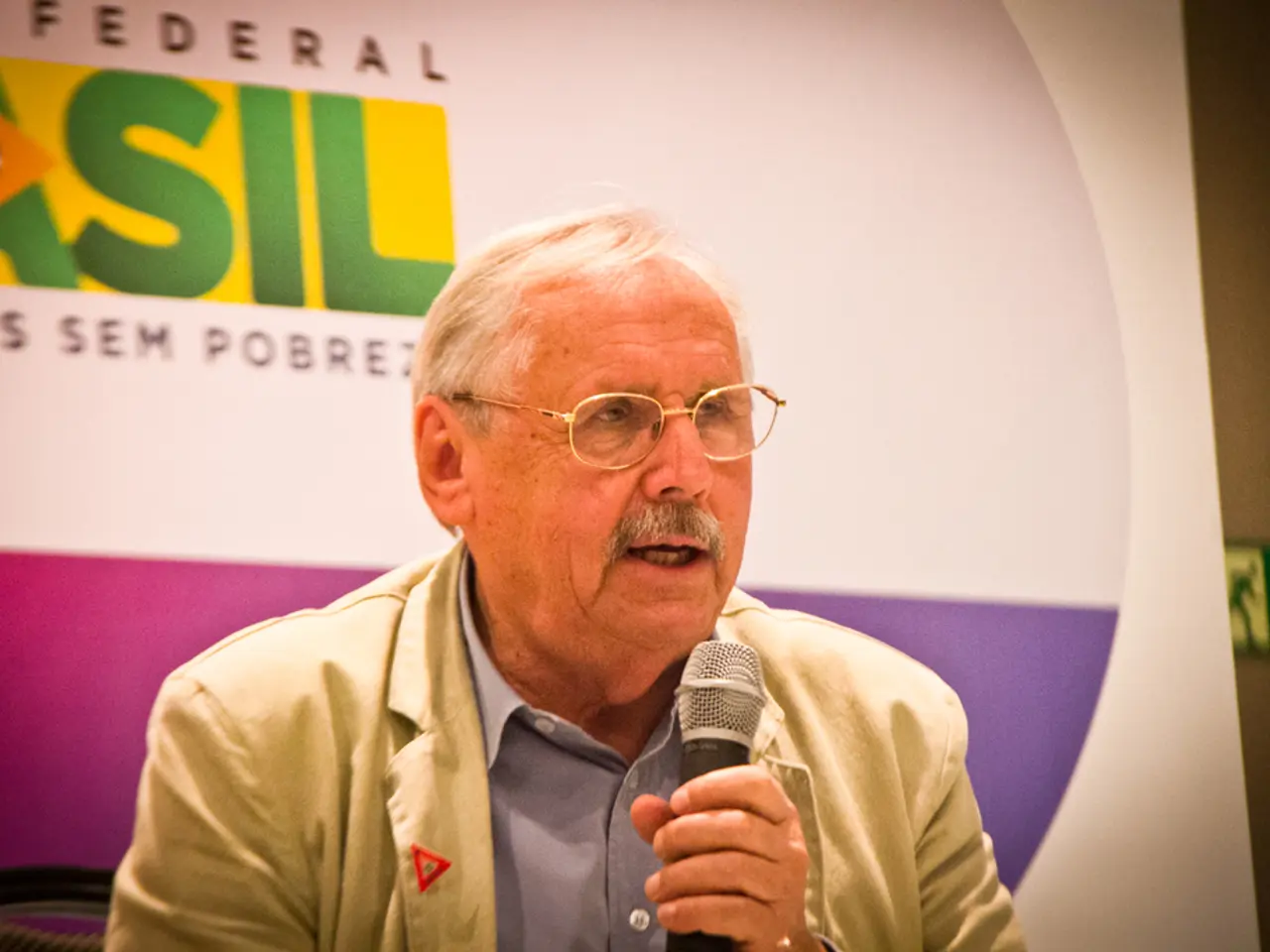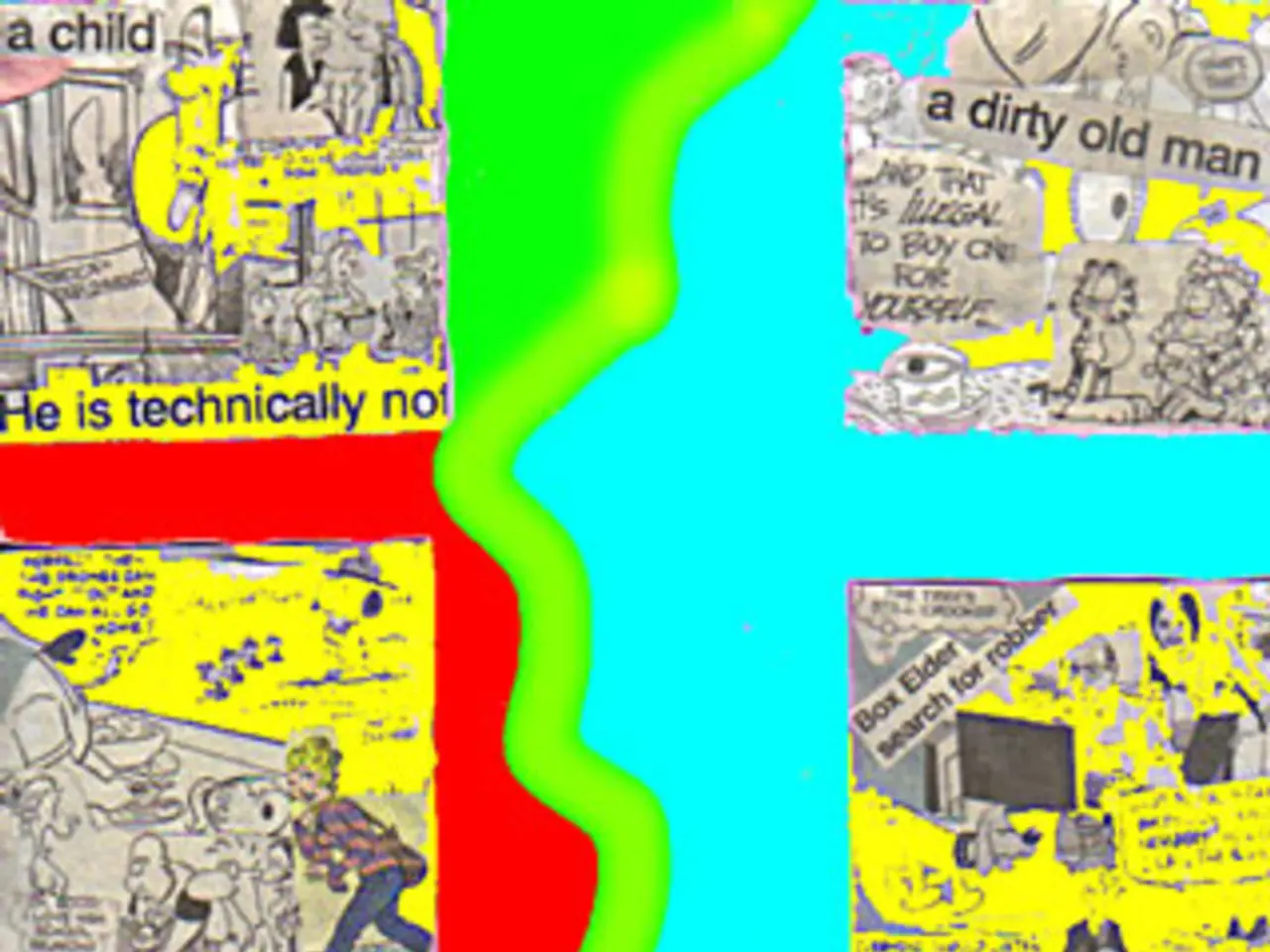Dalai Lama Rebels Against Beijing's Authority, Insists on Selection of Successor According to Tibetan Customs
In a significant development, the 14th Dalai Lama has declared that his successor will be identified through traditional Tibetan Buddhist reincarnation practices, defying Chinese government authority and Qing-era rules. This decision has sparked a high-stakes religious and political contest with profound implications for Tibet, China, and international relations.
## Current Developments
The Dalai Lama has repeatedly emphasized that his reincarnation, if any, will be spiritual and not subject to Chinese governmental interference. He has hinted that his reincarnation may appear outside of Chinese-controlled Tibet, or he might be the last Dalai Lama. The selection process will be conducted by senior Tibetan Buddhist monks and the Tibetan community.
In contrast, the Chinese government asserts sovereignty over Tibet and its religious affairs. They insist on following the "Qing dynasty’s Golden Urn" system, a 18th-century procedure used to select high Tibetan lamas under imperial oversight. China has announced it will approve or appoint the next Dalai Lama, promoting alternative candidates to undermine the Dalai Lama’s legitimacy.
## The Role of the Tibetan Exile Community
The Tibetan Government-in-Exile supports the Dalai Lama’s traditional approach and rejects Chinese interference. Tibetan Buddhist leaders and the exile community are preparing to search for his reincarnation as per their customs, potentially in Indian territory or other free lands.
## International Attention and Support
Many countries and international organizations respect the Dalai Lama’s spiritual authority and call for religious freedom in Tibet. However, diplomatic ties with China complicate the situation, leading to a delicate geopolitical balancing act.
## Implications
The Dalai Lama's insistence on traditional reincarnation practices aims to preserve Tibetan Buddhist culture and spiritual independence amid political suppression. The conflict over succession is emblematic of broader cultural and religious suppression fears under Chinese rule.
The reincarnation dispute intensifies Tibetan-Chinese tensions and symbolically represents the struggle for Tibetan autonomy and identity. China’s move to control religious succession is part of a larger strategy to solidify control over Tibet and diminish the Dalai Lama’s influence.
Internationally, the issue impacts China’s relations with countries hosting Tibetan exiles, especially India, which plays a key role in the exile community.
## Potential Scenarios
If the Dalai Lama’s reincarnation occurs outside Chinese control, it could deepen the schism between Tibetans inside and outside China, creating parallel claims to spiritual leadership. Conversely, if China succeeds in installing a government-approved Dalai Lama, it could marginalize the traditional Tibetan Buddhist establishment and reshape religious authority under the Party’s direction.
## Summary
The Dalai Lama's defiant stand signifies a profound clash between spiritual tradition and state sovereignty. The decision made by the Dalai Lama's trust could potentially impact the future of Tibetan spiritual autonomy and cultural identity. The choice of the Dalai Lama's successor has global and diplomatic stakes.
The outcome of this conflict will shape Tibetan Buddhism's future identity and have reverberations across global diplomacy. U.S. lawmakers have voiced their support for the Dalai Lama's position and condemned Chinese interference. The succession dispute could potentially reignite tensions over Tibetan autonomy, affecting China-India-U.S. relations.
Beijing insists that the Dalai Lama's reincarnation must follow Chinese laws and rituals. Preserving the integrity of the Dalai Lama institution is crucial for Tibetan identity in exile. The Dalai Lama's Gaden Phodrang Trust will determine his successor through traditional Tibetan Buddhist reincarnation practices, rejecting the "Golden Urn" ritual and Beijing's efforts to "Sinicise" Tibetan Buddhism.
Analysts suggest a dual-reincarnation is possible, one supported by the exiled Tibetan community and another by Beijing. Followers view the reincarnation as a sacred, cultural process, not a political appointment. Tibetan officials emphasize that only Tibetans should decide the spiritual matter of the Dalai Lama's successor.
- The Gaden Phodrang Trust, upholding the views of the Dalai Lama, plans to identify the successor through traditional Tibetan Buddhist reincarnation practices, a move that could potentially deepen the divide between Tibetans inside and outside China.
- India, hosting a significant number of Tibetan exiles, could play a key role in the search for the Dalai Lama's reincarnation, possibly underscoring its influence in the international arena as this dispute impacts China's relations with various countries.
- As the Chinese government asserts sovereignty over Tibet and insists on controlling religious successions, their efforts to appoint a government-approved Dalai Lama could reshape Tibetan Buddhist authority under the Party's direction, prompting potential reactions from countries that support religious freedom and the Dalai Lama's traditional approach.







